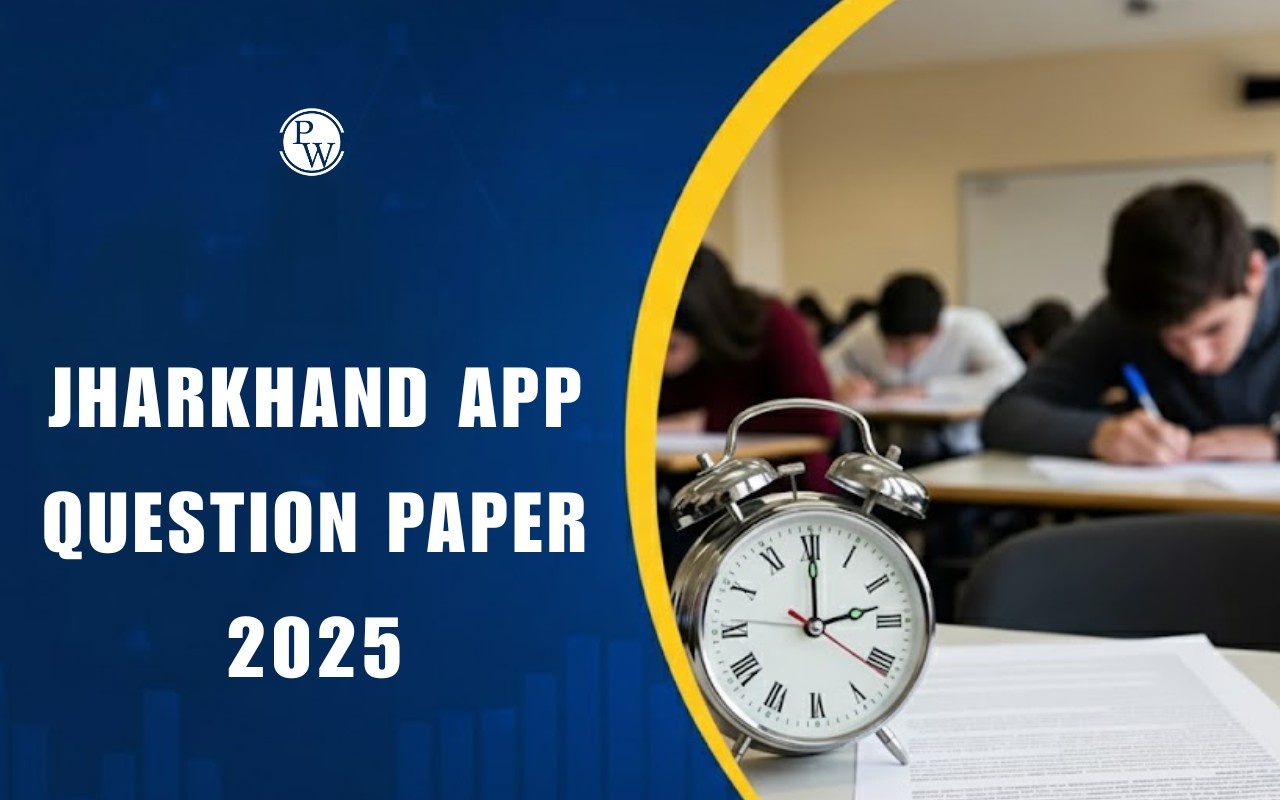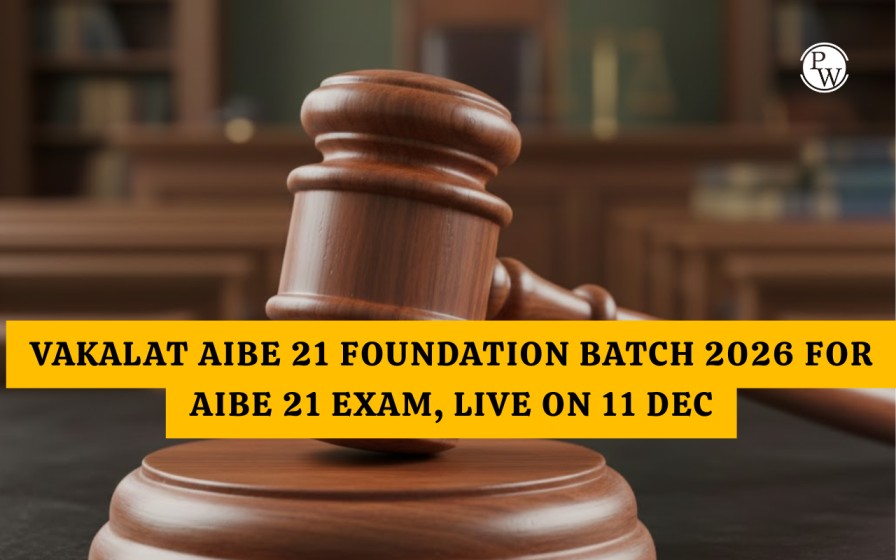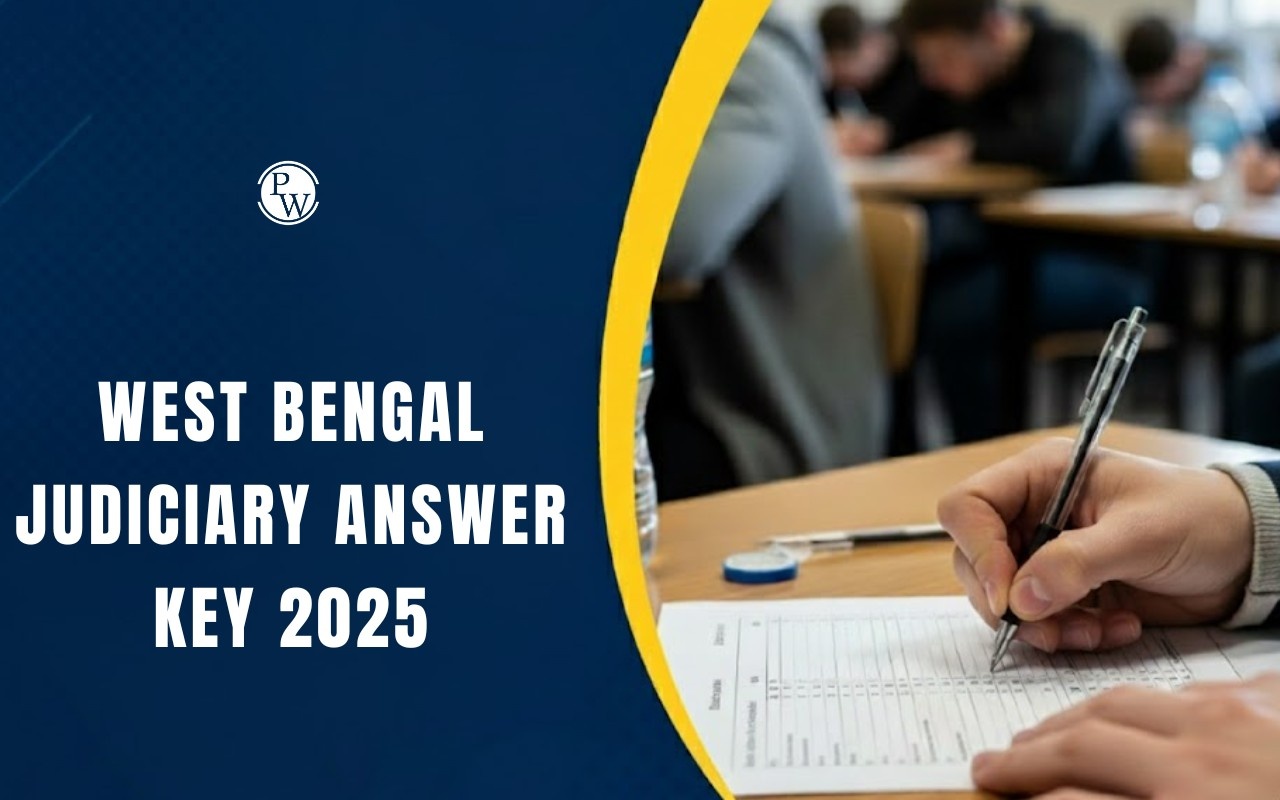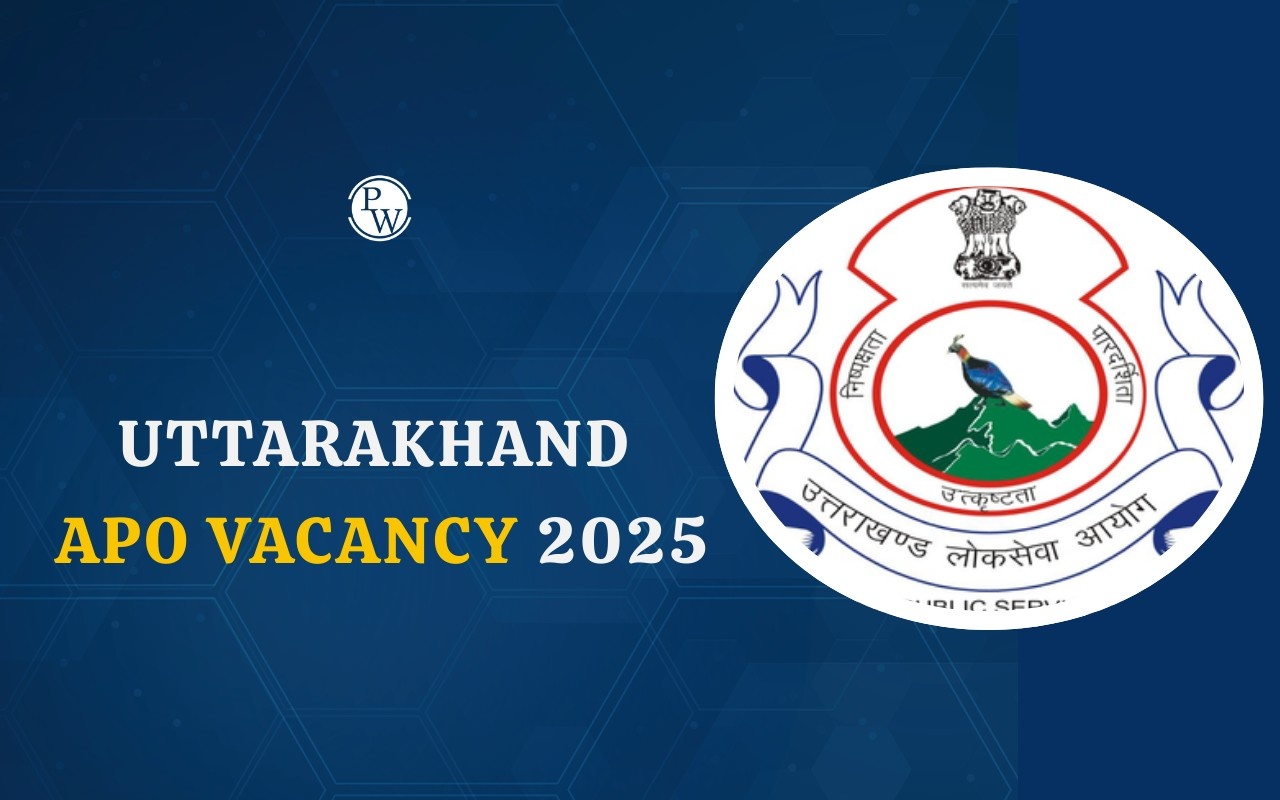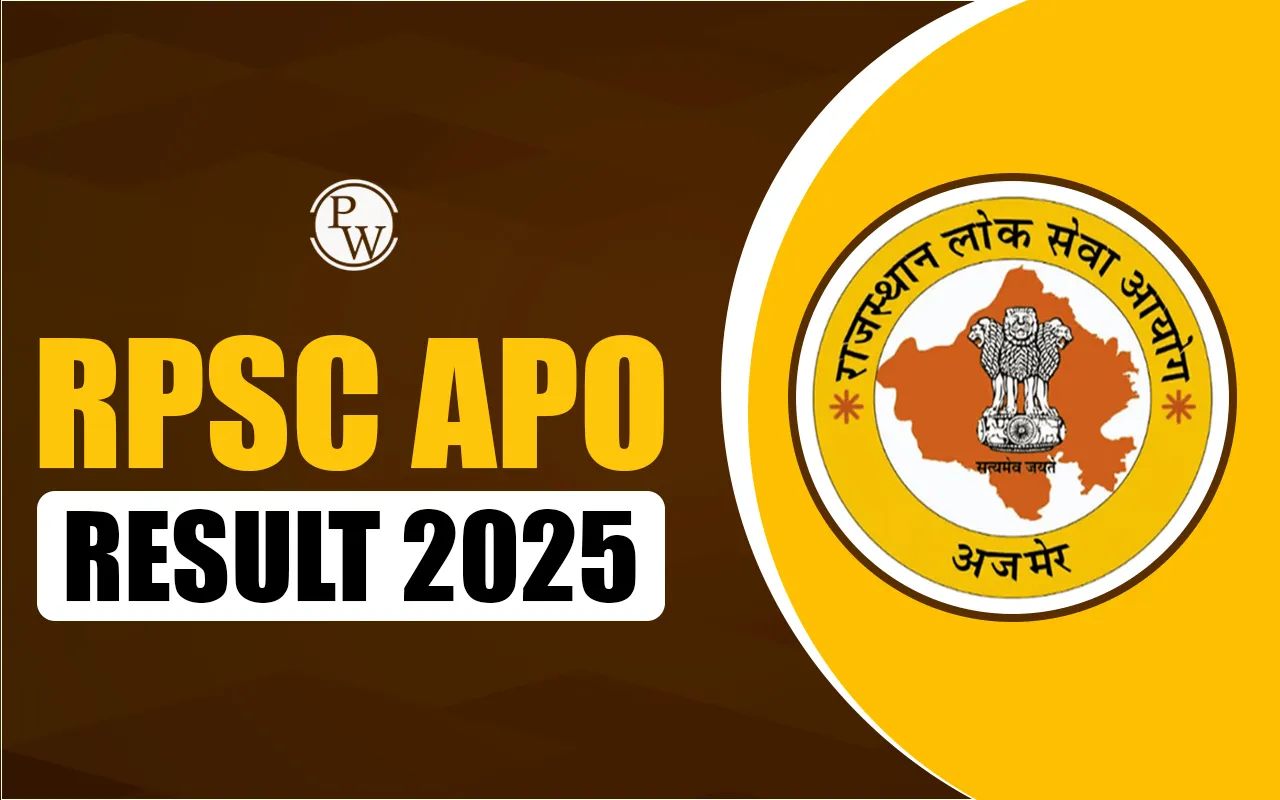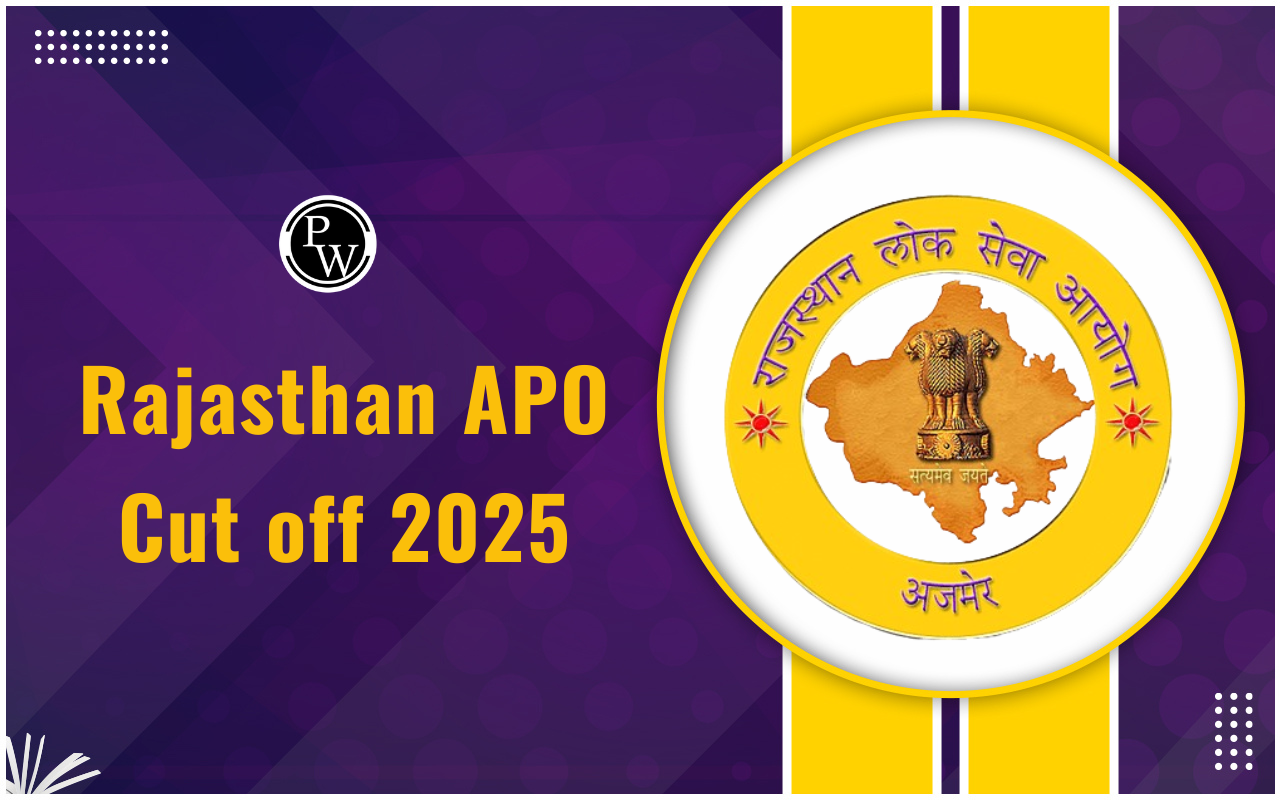
Misuse of SECTION 498A: The tragic suicide of 34-year-old techie Atul Subhash , allegedly driven by marital issues and legal disputes, has once again brought Section 498A of the Indian Penal Code (IPC) into the spotlight. This section, aimed at protecting women from domestic cruelty, has faced increasing concerns over its misuse. The Supreme Court has raised alarms about how some individuals, particularly disgruntled wives, have exploited this law to pressure husbands and their families, often for unreasonable demands.
This article explores the misuse of Section 498A, its underlying causes, judicial responses, and potential solutions for ensuring fairness.What is Section 498A?
Introduced in the 1980s, Section 498A of the IPC (now incorporated in the Bharatiya Nyaya Sanhita , 2023, as Section 84) was designed to protect married women from cruelty by their husbands and in-laws, especially in cases of dowry harassment. While it has served as a vital tool for protecting women from domestic abuse, it has increasingly been misused over time. The section states: "Whoever, being the husband or relative of the husband of a woman, subjects her to cruelty shall be punished with imprisonment for a term which may extend to three years and shall also be liable to a fine." For the purpose of this provision, Cruelty has been defined as:- a) Conduct likely to drive a woman to suicide or cause grave harm to her health or well-being.
- b) Harassment to coerce her or her family into meeting unlawful demands for property or valuables.
This offense is cognizable and non-bailable , allowing for immediate arrest without prior investigation.
What are Three New Criminal Laws in India
Purpose Behind Section 498A IPC
The primary goal of Section 498A was to safeguard women from abuse and mistreatment within marriage, including coercion and dowry-related harassment. It aimed to empower women and deter perpetrators of domestic violence.How Is the Law Section 498A Misused?
- Baseless Complaints for Personal Gain : Some misuse of Section 498A to harass their husbands and in-laws, leveraging the law as a tool in marital disputes over property, maintenance, or child custody. These false accusations are made to gain an upper hand in negotiations.
- Financial Extortion : In many cases, false claims are used to blackmail husbands and their families into paying large settlements or alimony. The threat of arrest often forces the accused to meet these unreasonable demands.
- Arrests Without Inquiry : Since the offense is non-bailable, it allows for immediate arrests without thorough investigation, which is often abused to intimidate or unjustly detain individuals, harming their reputation.
- Social and Psychological Damage : Accusations under this law carry significant social stigma. Even if the accused is eventually acquitted, the damage to their social standing, mental health, and career can be long-lasting.
Judicial Observations on Misuse of Section 498A
The misuse of Section 498A has been widely acknowledged by the judiciary. Courts have recommended procedural reforms to prevent wrongful arrests and punish individuals who file malicious complaints.- Sushil Kumar Sharma v. Union of India (2005) : The Supreme Court upheld the validity of Section 498A, but expressed concern over its misuse. The Court warned that frivolous cases could lead to "new legal terrorism."
- Arnesh Kumar v. State of Bihar (2014) : The Court issued guidelines to prevent arbitrary arrests, requiring police to justify arrests and present the rationale to a magistrate before detention. The Court directed police officers to refrain from automatic arrests and to ensure the necessity for arrest was justified. A checklist under Section 41(1)(b)(ii) was mandated, requiring police to document reasons for arrest and submit it to a Magistrate, who must then independently assess the justification before authorizing detention.
- The Court criticized the rampant misuse of Section 498A IPC, noting that frivolous complaints often targeted even elderly relatives and distant family members, leading to a high charge-sheeting rate (90%) but a low conviction rate (15%).
- Preeti Gupta v. State of Jharkhand (2010) : The Court pointed out the problem of exaggerated complaints and suggested reforms to reflect real-life scenarios more accurately, urging lawyers to ensure complaints are not exaggerated.
- Achin Gupta v. State of Haryana (2024) : Before the new Bhartiya Nyaya Sanhita law was introduced, the Court asked Parliament to reconsider laws similar to Section 498A. It pointed out that some complaints were filed with hidden motives, especially after the husband filed for divorce. The Court said that police and courts should carefully check if complaints are meant to harass the husband, and that minor marital issues should not be seen as cruelty.
- Dara Lakshmi Narayana v. State of Telangana (2024) : The Supreme Court recognized the growing misuse of Section 498A IPC by wives to implicate husbands and their families, often as a means to settle scores or negotiate terms. The Court quashed the case, noting that the wife had misused the provision as retaliation against a divorce petition filed by the husband.
In the wake of Atul Subhash's death, a Public Interest Litigation (PIL) has been filed in the Supreme Court calling for safeguards against the misuse of domestic violence and dowry harassment laws.
Way Forward for MISUSE of SECTION 498A
The following measures can be adopted to address the growing misuse of this provision.- Equitable Legal Framework : Ensure that laws protect the rights of all individuals and promote fairness, irrespective of gender.
- Mandatory Preliminary Investigations : Enforce a requirement for detailed investigations before filing FIRs to filter out false claims.
- Role of Family Welfare Committees : Introduce neutral committees to mediate disputes and assess the legitimacy of complaints before taking legal action.
- Penalties for False Complaints : Implement stricter penalties for filing malicious or false complaints to discourage misuse.
- Clear Differentiation of Offenses : Clearly define bailable and non-cognizable offenses to prevent unnecessary harassment of the accused.
- Proportional Arrests : Apply the principle of proportionality to ensure that arrests are made only in cases involving significant harm.
- Inclusive Domestic Violence Laws : Consider laws that recognize domestic violence against men, ensuring gender-neutral legal protections.
Conclusion
Section 498A remains an important legal provision for protecting women from domestic violence and dowry-related abuse. However, its misuse undermines its effectiveness and causes undue hardship for innocent individuals. A balanced approach that prevents misuse while ensuring genuine cases are addressed is crucial to maintaining the integrity of the legal system and delivering justice for all parties involved. Gain a deeper understanding of court procedures, case analysis, and legal reasoning through our specialized judiciary courses available at the online judiciary coaching in India. Prepare for a rewarding career in the judiciary with expert-led courses that blend theory with practical insights into the judicial system.MISUSE of SECTION 498A FAQs
Q1. What is Section 498A?
Ans. Section 498A of the IPC, now Section 84 of the Bharatiya Nyaya Sanhita, 2023, is a law to protect married women from cruelty by their husbands and in-laws, particularly in cases of dowry harassment and domestic violence.
Q2. How is Section 498A misused?
Ans. Misuse occurs when individuals file false or exaggerated complaints to harass spouses or their families for financial extortion, revenge, or to gain an upper hand in marital disputes.
Q3. What are judicial observations on the misuse of Section 498A?
Ans. The judiciary has recognized misuse in cases like Sushil Kumar Sharma v. Union of India and Arnesh Kumar v. State of Bihar. Courts have called for procedural safeguards like mandatory investigations and penalties for false complaints.
Q4. How can the misuse of Section 498A be prevented?
Ans. Steps like mandatory preliminary investigations, penalties for false complaints, family welfare committees for mediation, and gender-neutral domestic violence laws can help prevent misuse.
Q5. What reforms have been suggested to ensure fairness in Section 498A cases?
Ans. Judicial rulings suggest implementing stricter guidelines for arrests, clearly defining offenses, and establishing family welfare committees to filter frivolous claims.
🔥 Trending Blogs
Talk to a counsellorHave doubts? Our support team will be happy to assist you!

Check out these Related Articles
Free Learning Resources
PW Books
Notes (Class 10-12)
PW Study Materials
Notes (Class 6-9)
Ncert Solutions
Govt Exams
Class 6th to 12th Online Courses
Govt Job Exams Courses
UPSC Coaching
Defence Exam Coaching
Gate Exam Coaching
Other Exams
Know about Physics Wallah
Physics Wallah is an Indian edtech platform that provides accessible & comprehensive learning experiences to students from Class 6th to postgraduate level. We also provide extensive NCERT solutions, sample paper, NEET, JEE Mains, BITSAT previous year papers & more such resources to students. Physics Wallah also caters to over 3.5 million registered students and over 78 lakh+ Youtube subscribers with 4.8 rating on its app.
We Stand Out because
We provide students with intensive courses with India’s qualified & experienced faculties & mentors. PW strives to make the learning experience comprehensive and accessible for students of all sections of society. We believe in empowering every single student who couldn't dream of a good career in engineering and medical field earlier.
Our Key Focus Areas
Physics Wallah's main focus is to make the learning experience as economical as possible for all students. With our affordable courses like Lakshya, Udaan and Arjuna and many others, we have been able to provide a platform for lakhs of aspirants. From providing Chemistry, Maths, Physics formula to giving e-books of eminent authors like RD Sharma, RS Aggarwal and Lakhmir Singh, PW focuses on every single student's need for preparation.
What Makes Us Different
Physics Wallah strives to develop a comprehensive pedagogical structure for students, where they get a state-of-the-art learning experience with study material and resources. Apart from catering students preparing for JEE Mains and NEET, PW also provides study material for each state board like Uttar Pradesh, Bihar, and others
Copyright © 2025 Physicswallah Limited All rights reserved.
Get App
